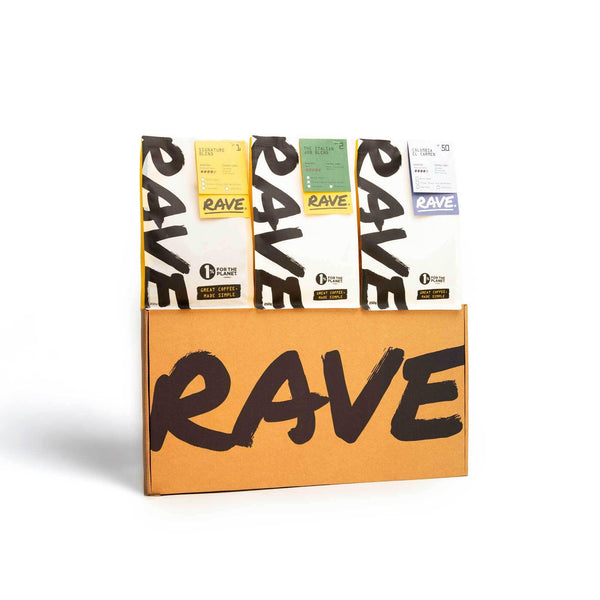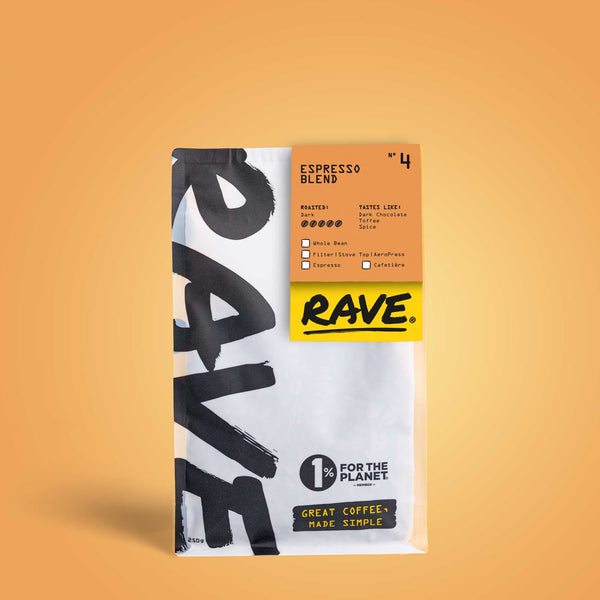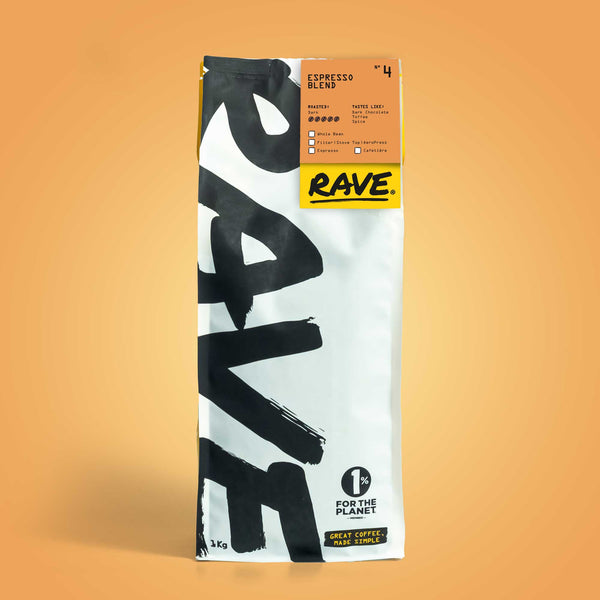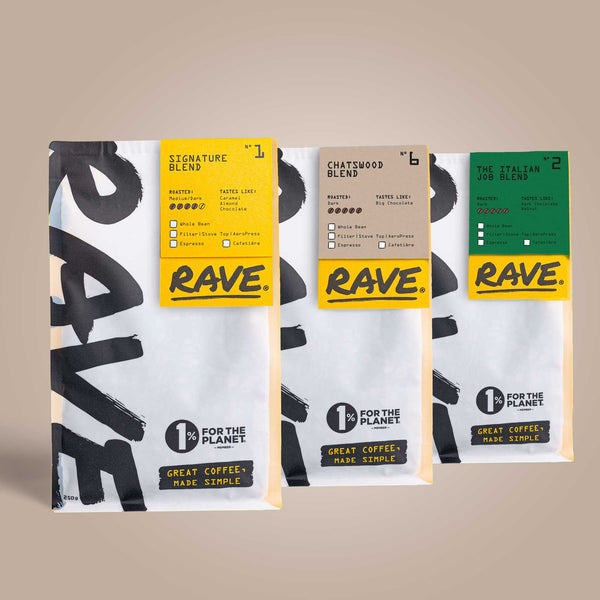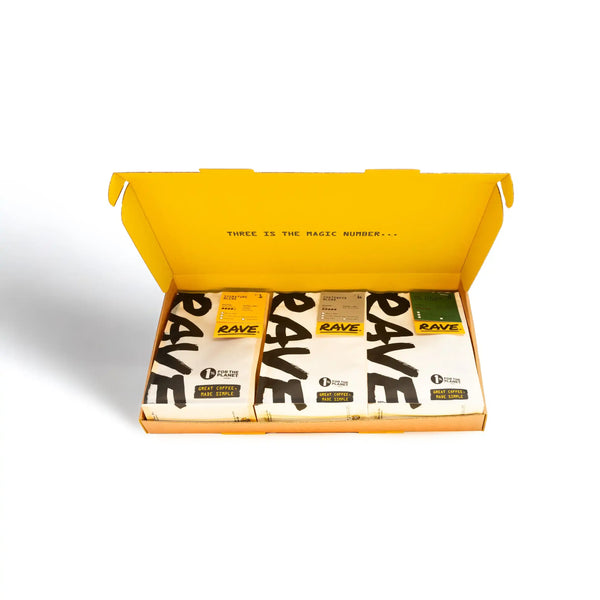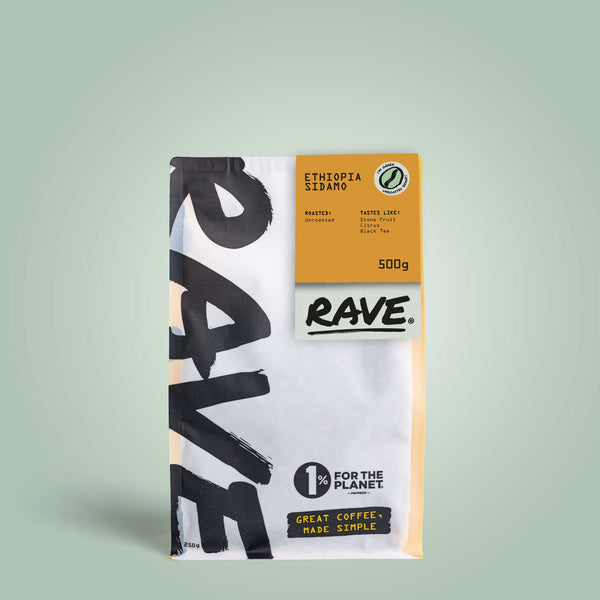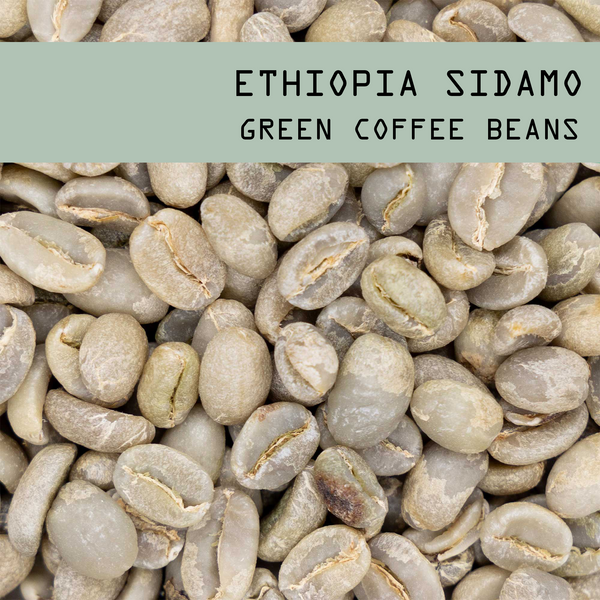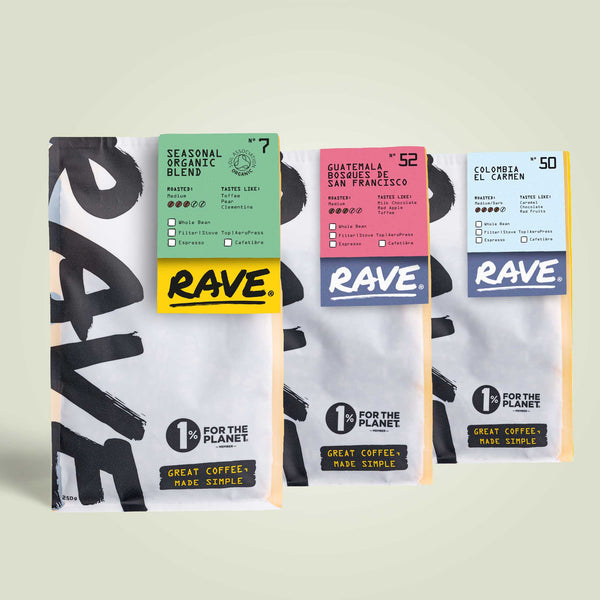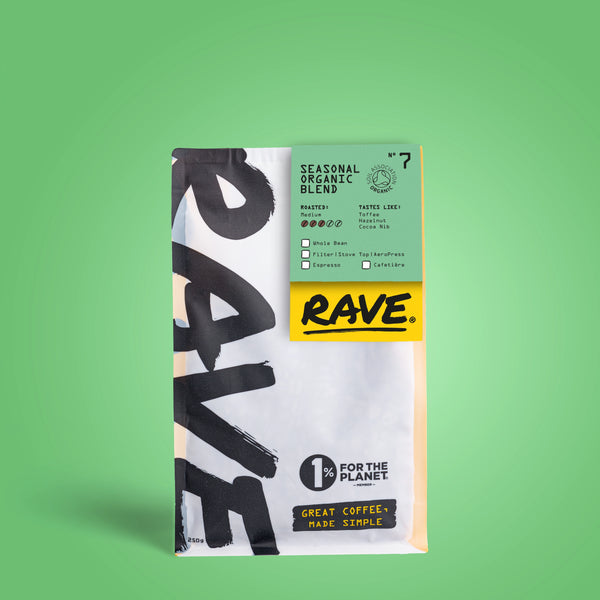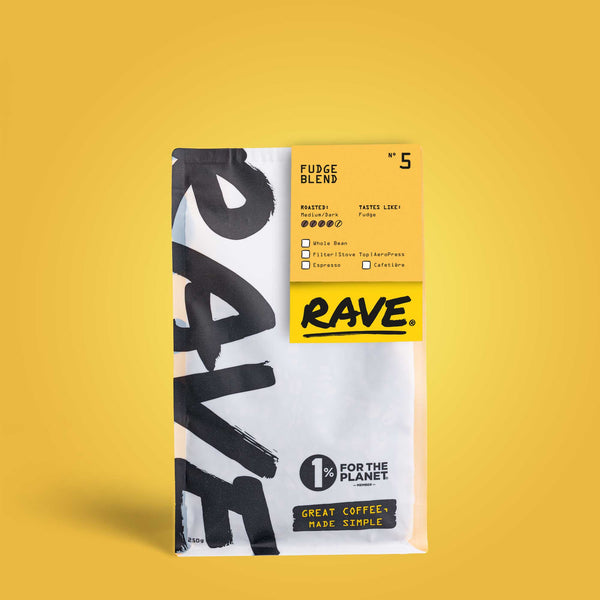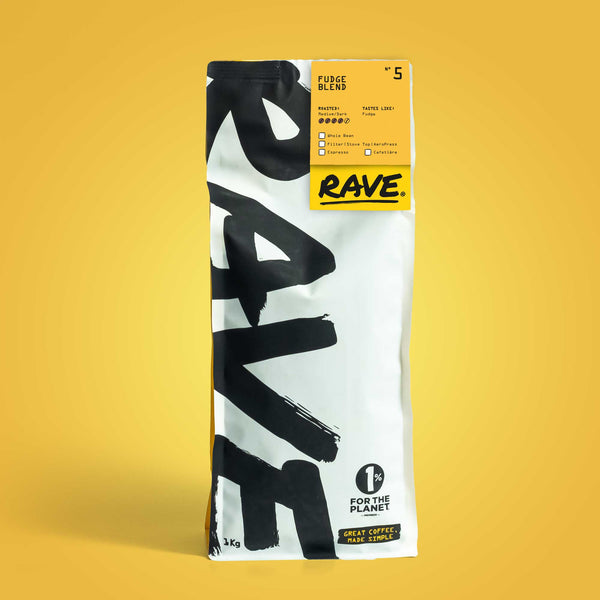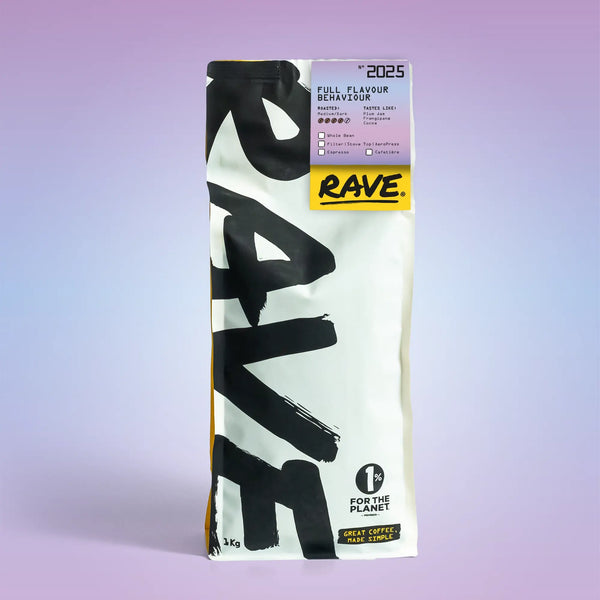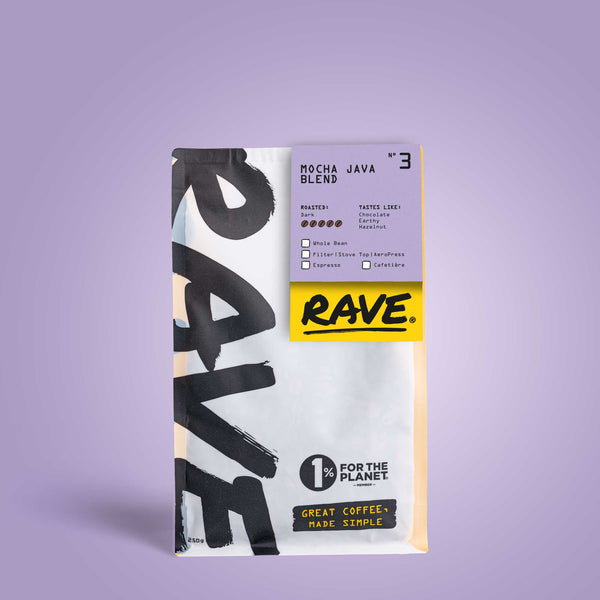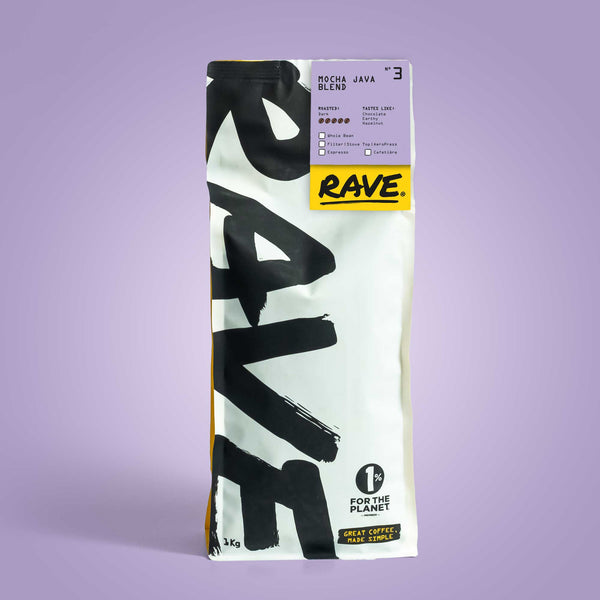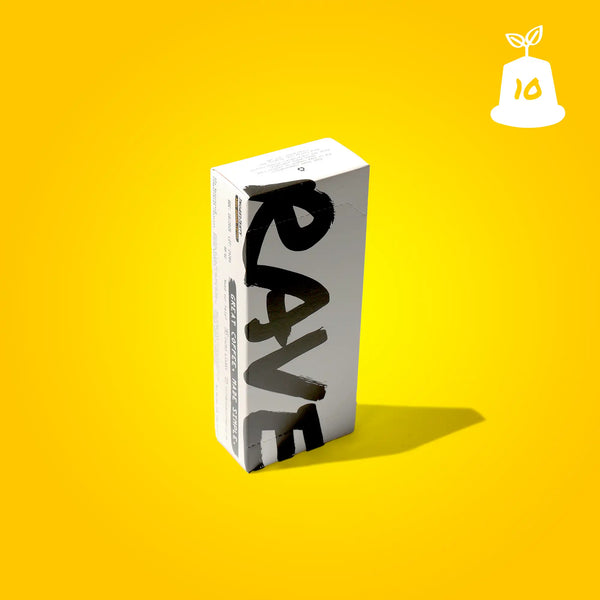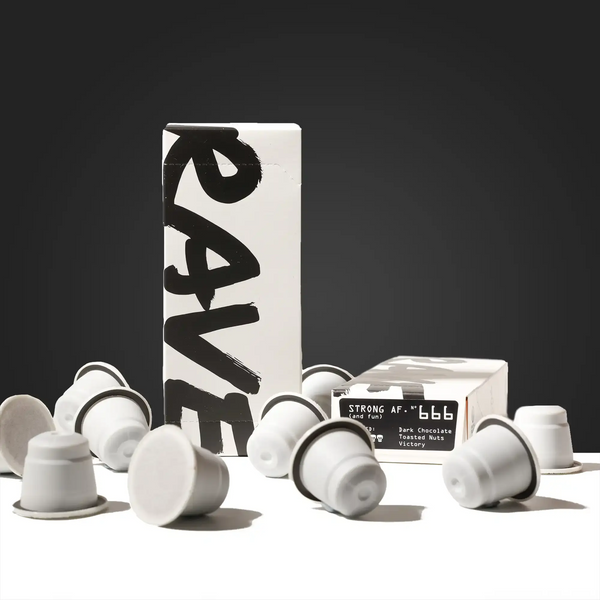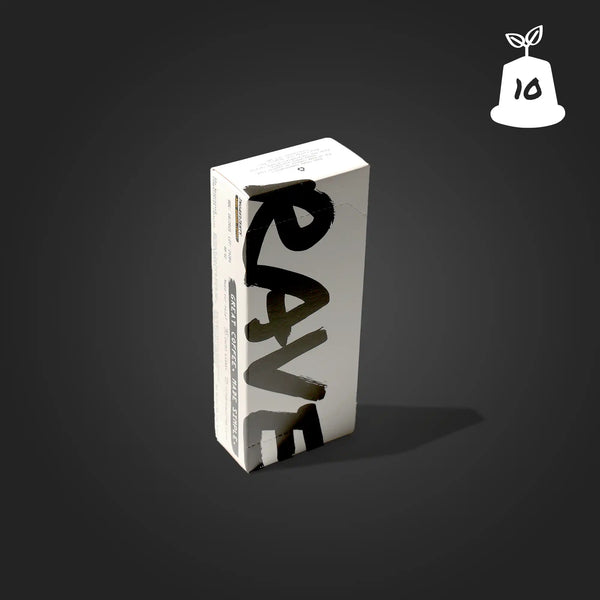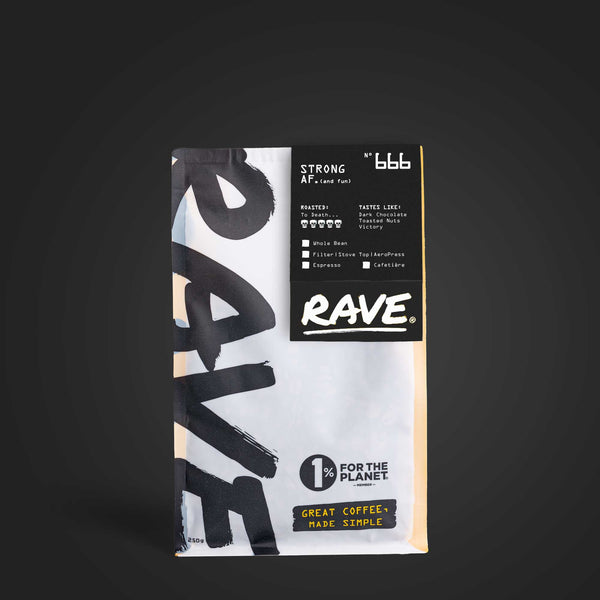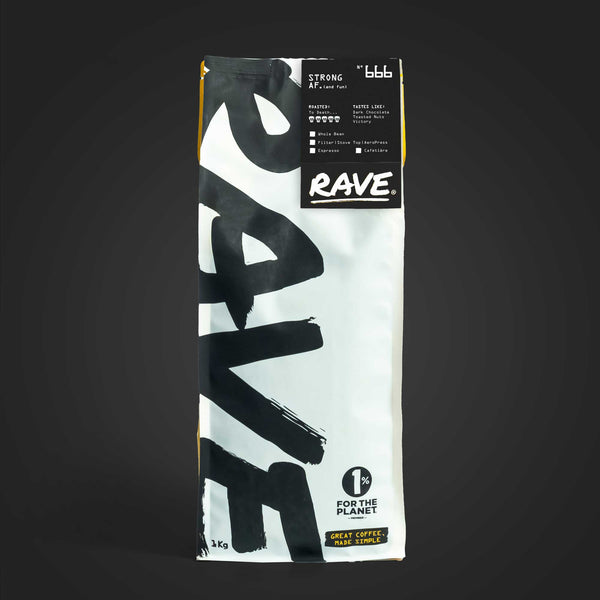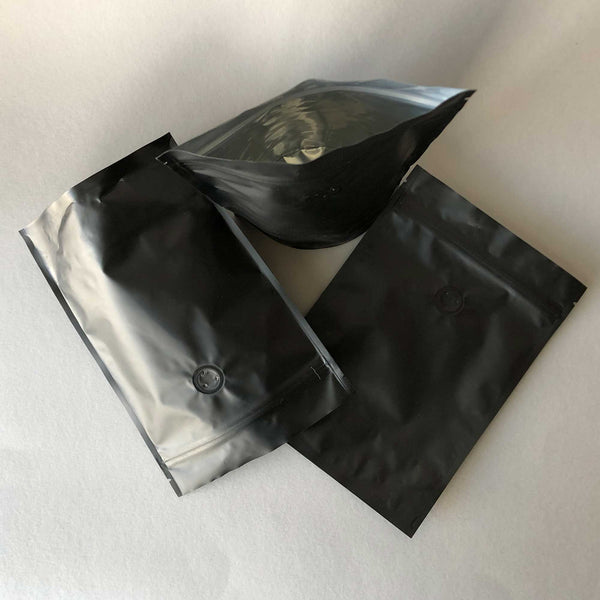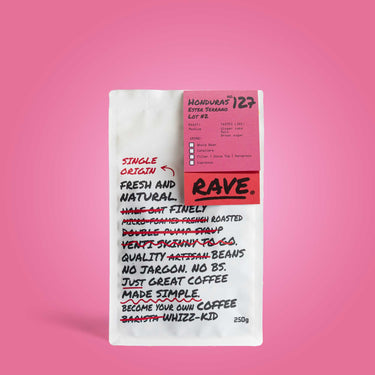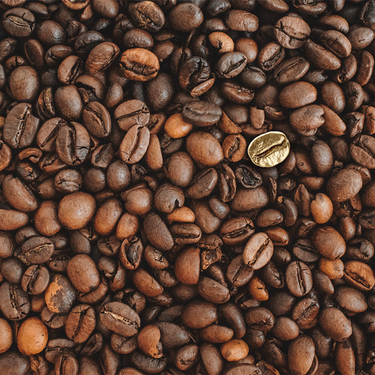Burundi - Africa Coffee Region History
Situated in the heart of East Africa, Burundi is a small country with a big reputation for producing some of the finest coffee beans in the world. Despite its tumultuous history, Burundi has established itself as a significant player in the global coffee industry. This is thanks to its ideal growing conditions, unique processing methods, and the dedication of its farmers.
Coffee was introduced to Burundi by Belgian colonists in the early 20th century. Following independence in the 1960s, the government played a significant role in developing the coffee sector.
They established state-owned coffee washing stations and promoted coffee cultivation among smallholder farmers. Subsequently, production soared until the 1990s. However, decades of civil war devastated the country. Coffee trees were destroyed and farmers faced immense challenges to bring their products to market and fulfil orders.
However, Burundi's coffee sector has continued to grow and evolve despite these hardships. Since the end of the civil war in 2005, Burundi has embarked on rebuilding its coffee sector. A focus on speciality coffee and the formation of farmer cooperatives has been central to this revival.

Exploring the Unique Characteristics of Burundi Coffee
Burundi coffee beans are known for their distinct flavour profile. It can vary depending on the specific region and washing station where the beans were processed. The country's high altitude, ranging from 1,200 to 2,000 metres above sea level, combined with its fertile volcanic soils, provides the perfect environment for growing premium Arabica coffee (particularly the sought-after Bourbon variety.).
Some common tasting notes include:
- Citrus fruits, such as lemon and orange
- Tropical fruits, like pineapple, blueberry, and mango
- Floral notes, particularly in coffees from Kayanza
- Sweet, caramel-like undertones
- A hint of chocolate or nutty flavours
The acidity in Burundi coffee is often described as lively and refreshing, with a clean, crisp finish that lingers on the palate. The body is typically a medium to light roast, making it a perfect choice for a cup of filter coffee or espresso.
Burundian coffee is typically washed, which contributes to its clean, crisp taste and lively acidity. The washing process involves removing the cherry pulp from the coffee beans before they’re dried, resulting in a more consistent and refined flavour profile compared to natural or honey-processed coffees.
Burundi Coffee: Interesting Facts and News Bites
- Burundi ranks 29th on the world’s largest coffee-growing country list.
- Coffee accounts for 69% of Burundi's total export earnings.
- The country’s main export partners include Switzerland and Pakistan. To a lesser extent, Belgium, the UK, Rwanda, Uganda, and Egypt.
- Burundi coffee’s price ranges between £8.60 and £14.07 p/kg.
- The majority of Burundi's coffee is grown by smallholder farmers (an estimated 600,000).
- In recent years, Burundi has been working to improve its coffee infrastructure and promote speciality coffee production, with the help of international organisations such as the World Bank.
Reference:
https://coffeeaffection.com/all-about-burundi-coffee/
https://tradingeconomics.com/burundi/exports
https://www.roastycoffee.com/burundi-coffee/
https://www.longmilescoffeeproject.com/a-history-of-coffee-in-burundi-and-why-we-started-farmer-field-schools
https://sucafina.com/na/origins/burundi
Read Also:
African coffees
bestsellers


Signature Blend Compostable Coffee Bags - 10 pack
£4.95 Sold Out


- 🌟 New release
Signature Decaf Blend Compostable Coffee Bags - 10 Pack
£4.95




